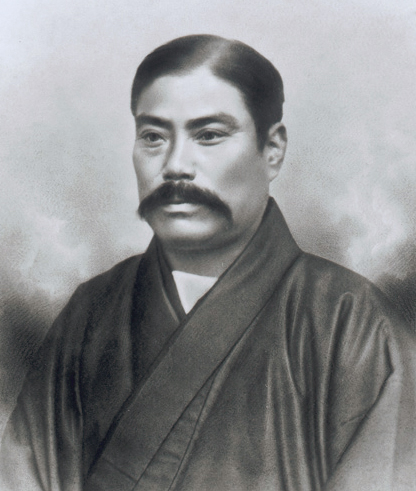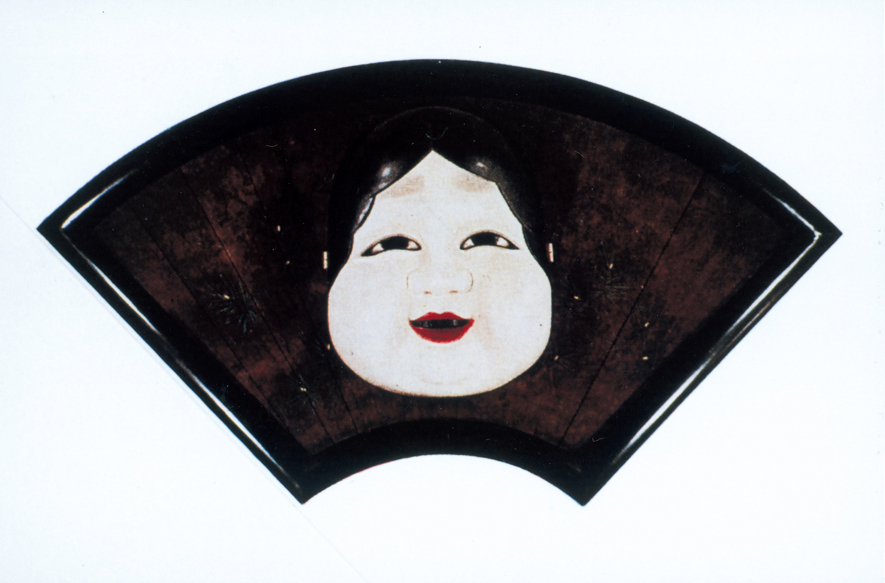Our Roots A history of rising to the challenge vol.8
An Entrepreneurial Spirit That Never Faded
We focus on the entrepreneurial spirit of Mitsubishi founder Yataro Iwasaki, who strove to develop business across diverse fields.

While the previous issue focused primarily on marine transport, this issue highlights other businesses in which Yataro was involved. In 1871, Yataro acquired a coal mine in Kishu (modern-day Wakayama Prefecture); two years later, he obtained the Yoshioka Copper Mine in Okayama Prefecture . These acquisitions represent the earliest origins of today's Mitsubishi Materials Corporation. While a number of difficulties were encountered early on, the Yoshioka Copper Mine eventually proved to hold rich deposits of high-quality ore.
Yataro proceeded to actively invest managerial resources in diverse businesses. First, he commenced financing and warehousing operations to complement the company's marine transport business. Then in 1881, he purchased the Takashima Coal Mine, which became an important source of revenue after new technology was introduced at the mine. Yataro was also quick to focus on shipbuilding as a key industry and he eventually managed to lease the Nagasaki Shipyard from the government, even as Mitsubishi was embroiled in fierce competition with a rival shipping enterprise. Mitsubishi eventually purchased the shipyard and it went on to become the flagship of Mitsubishi's shipbuilding operations after unprecedented amounts of investment were spent upgrading the facilities.
There were naturally failures as well as successes. For instance, Yataro had a keen interest in camphor business ever since his days in Nagasaki . He secured exclusive rights to sell camphor for the Tosa Domain, but this arrangement drew criticism for being monopolistic and Yataro pulled out of the business after three years. Yataro also entered the yarn-making business. At one time, these operations employed as many 200 workers, but the market did not develop as expected and Yataro withdrew from the business in the face of declining profits.
Yataro was also a pioneer in the water business. He set out to restore the Senkawa Aqueduct, which had fallen into disuse after being built in the late 1600s. He gained approval for the project and swiftly launched operations after completing the necessary construction work. The project was later taken up by the City of Tokyo as a part of its public works. Yataro's entrepreneurial spirit never faded. Trade, marine insurance, life insurance and railway investment are just a few of the other businesses he developed. Yataro boldly advanced into diverse economic fields as Japan continued to build a modern nation.

A Reminder to Greet Customers with a Smile
Yataro displayed a grinning okame mask in Mitsubishi's office in order to remind employees to be cordial when interacting with customers. After seeing the mask, Yukichi Fukuzawa* is said to have remarked: "Company presidents these days fail to put a premium on creating a pleasant atmosphere for their customers, but Iwasaki understands the essence of doing business." *Yukichi Fukuzawa was a progressive thinker who shaped the development of modern Japan. He was the founder of Keio University and the author of numerous influential works. His image now appears on the 10,000-yen banknote.
(Photo courtesy of The Bank of Tokyo-Mitsubishi UFJ)